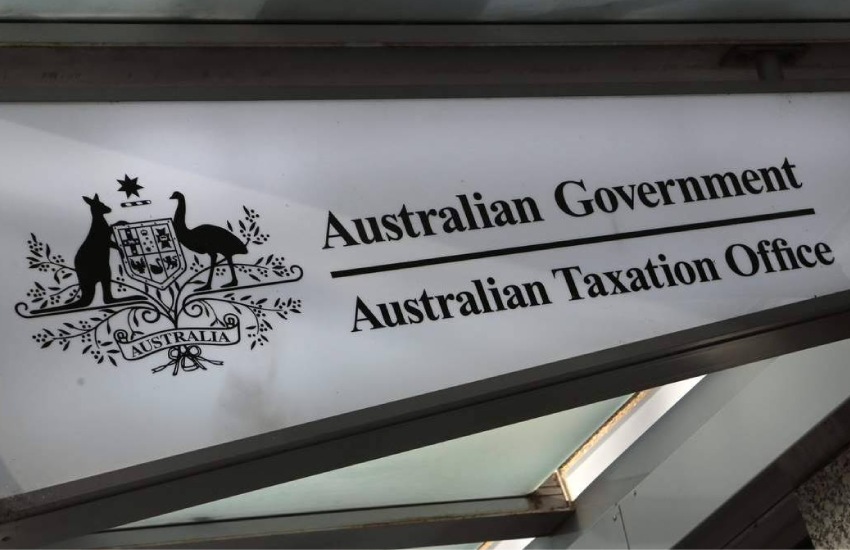Various measures will see an overhaul of several tax management systems.
26 June 2025
New Broker Academy 2025
Uncover a new world of opportunity at the New Broker Academy 2025If you’re ready for a career change and are looking...
KNOW MOREVarious measures will see an overhaul of several tax management systems.

The tax profession will see changes across administration processes in the next few years with this year’s budget placing a good focus on tax compliance and integrity.
The main measures:
Modernisation of the pay as you go (PAYG) instalment system
The government will allow companies to choose to have their PAYG instalments calculated based on current financial performance. The objective is to support business cash flows by aligning PAYG instalment liabilities and business profitability.
RSM Australia’s director of tax service Rami Brass said this measure recognised the cash-flow needs of small to medium enterprises while trying to manage fiscal receipts.
“SMEs will enjoy the cashflow benefit of paying a lower instalment amount throughout the tax year but will ultimately pay the same amount of tax upon the lodgement of their annual income tax return,” he said.
BDO’s business services partner Dr Mark Pizzacalla said while this was good news for small businesses, it was important they used these measures as an opportunity to review their cash-flow budgets and ensure the additional available cash was used in the most optimal way.
“Increased tax deductions are most useful if a small business is in a tax profit position, otherwise cash flow remains key,” he said.
Starts: 1 January 2024
Smarter reporting of taxable payments reporting system (TPRS) data
The government will enable businesses the option to report TPRS data through accounting software on the same lodgment cycle as their business activity statements.
This will allow the taxable payments annual report (TPAR) to be lodged electronically on a monthly or quarterly basis instead of annually.
Starts: 1 January 2024
Extension of the ATO’s Tax Avoidance Taskforce
Since 2016, the government has provided the ATO with significant funds to address corporate and trust tax avoidance. The government will extend the Tax Avoidance Taskforce by two years at a cost of $652.6 million.
KPMG’s national leader, tax dispute resolution, Angelina Lagana said the government’s continued investment in this area demonstrated that it would be a case of “when” not “if” taxpayers would need to be prepared to respond to scrutiny regarding their tax positions.
Findex’s national tax director Roelof van der Merwe said it meant that any sizable business groups needed to remain prepared for a visit from the ATO.
“For multinationals, adequate and contemporaneous transfer pricing documentation is essential,” he said.
“For all large businesses, having sound and well documented tax governance and risk policies and procedures will be a good investment to assist in streamlining any ATO review and supporting any tax positions taken.”
Starts: Immediately. Ends: 30 June 2025
Digitalising trust income reporting
The government will digitalise trust and beneficiary income reporting and processing, by allowing trust income tax returns to be lodged electronically.
To date, trust income reporting and assessment calculation processes have not been automated to the same extent as individual or company tax returns.
While tax agent lodgment systems have catered for trust tax returns, trustees have not been able to lodge tax returns themselves electronically. This has resulted in longer processing times and limited pre-filling opportunities.
Starts: 1 July 2024
Enhanced sharing of single touch payroll (STP) data
The government will commit $6.6 million over the forward estimates period for the development of IT infrastructure required to allow the ATO to share STP data with state and territory revenue offices on an ongoing basis.
The Access Group APAC president Kerry Agiasotis said these measures added to the expansion of the STP reporting system required by the ATO for all employers.
It was having a significant impact on how businesses ran their payroll, with changes impacting gross, allowances, overtime, salary sacrifice and more.
“It’s a stressful situation as businesses need to ensure all compliance bases are covered while they also come to terms with new reporting requirements and language like ‘disaggregation of gross’,” he said.
“To comply, SMEs must digitise their payroll with appropriate compliant software. And while it’s true that STP2 will ultimately deliver streamlined reporting and countless other business benefits – this can only be recognised after a business has undergone the digital transformation required to make it a reality.
“A transition that requires time, the right tools, and resourcing – all things that are in short supply as many SMEs recover from two years of upheaval and financial uncertainty.”

AUTHOR
Tony Zhang is a journalist at Accountants Daily, which is the leading source of news, strategy and educational content for professionals working in the accounting sector.
Since joining the Momentum Media team in 2020, Tony has written for a range of its publications including Lawyers Weekly, Adviser Innovation, ifa and SMSF Adviser. He has been full-time on Accountants Daily since September 2021.
You can email Tony at
Comments will undergo moderation before they get published.
Uncover a new world of opportunity at the New Broker Academy 2025If you’re ready for a career change and are looking...
KNOW MOREGet breaking news
 Login
Login
